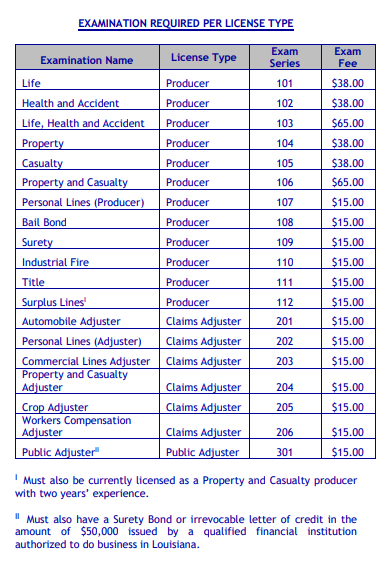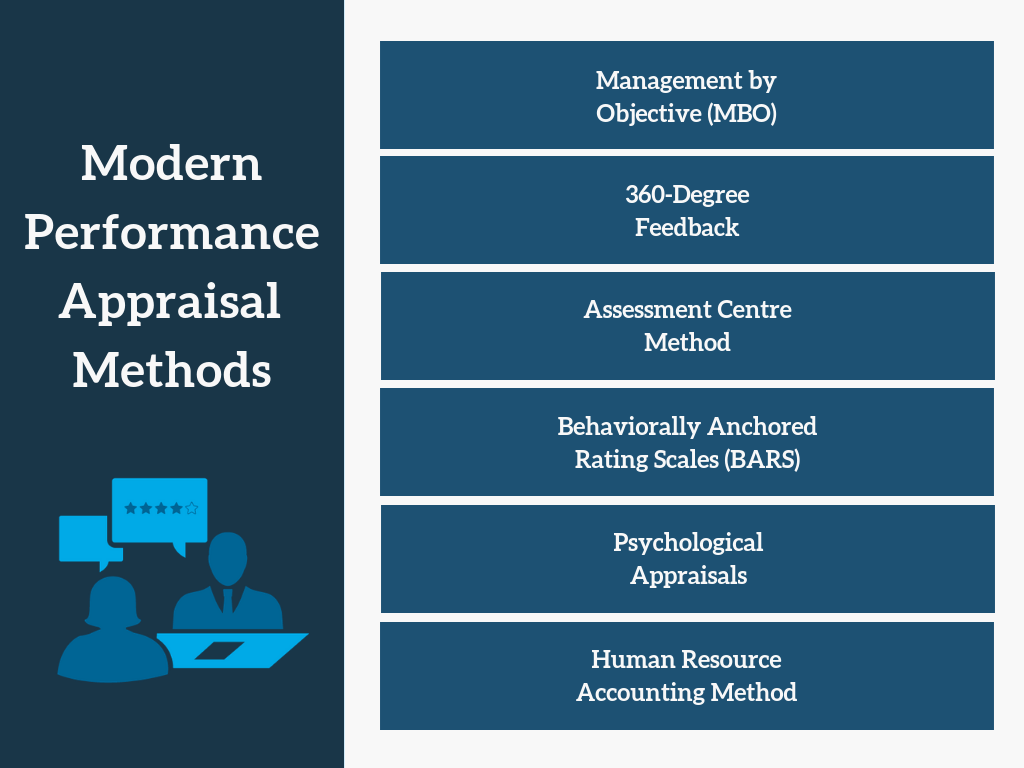
Closing is the final stage in your home buying journey. The closing day marks the end to negotiations, the completion and inspection of your new house, but most importantly it is when you become the legal owners of your home.
Closing day can be a nerve-wracking and exciting time for buyers. Closing day involves lots of paperwork as well as the final performance between the buyer, the seller and the lender for the sale and financing of the home.
You have responsibilities for closing day
As the buyer, your responsibilities on the day of closing are to review and sign various legal documents that detail the terms of the sale of the home. While the majority of these legal documents pertain to your home loan, you need to understand other important points before you sign.

After you have signed the closing papers, what happens?
Once you have signed your closing documents, you will need to provide the lender with a document known as an "estate" or a 'title' that officially transfers ownership of your property. This can take a few hours, but it will be worth it to ensure that you own the house outright and that no liens have been placed against it.
This mortgage is also a document that outlines the loan amount, interest rate and other details about the loan. This document is essential to the closing process as it highlights your rights, responsibilities and obligations as a borrower.
You agree, when you sign an mortgage, to repay it in full. In the event of a mortgage default, your house is at risk.
If your financial circumstances have changed since applying for a loan, the lender may want to confirm that you qualify. Your lender will send you a copy your "closing document" or mortgage closing disclosure to review. If you have any questions about your financial status, be sure to ask your real estate agent or mortgage broker to help you understand what you're signing.

Your lender may require that you sign other documents pertaining the mortgage. You may be required to sign an affidavit or a statement that all repairs have been completed before the closing.
Depending on the home you're purchasing, the type of closing documents you will be asked to sign can vary a great deal. For example, some lenders require you to sign a "mortgage affidavit" that states you have received an appraisal of the home and that you are not in default of any previous mortgages on the same property.
Affidavits form an important part of the home purchase process. They confirm that all information provided by you is true and accurate. The affidavit confirms that you made all the necessary repairs before closing the sale and that the property is in good working order and can be sold for the full price.
FAQ
Can I get another mortgage?
Yes. However it is best to seek the advice of a professional to determine if you should apply. A second mortgage is often used to consolidate existing loans or to finance home improvement projects.
How many times may I refinance my home mortgage?
It depends on whether you're refinancing with another lender, or using a broker to help you find a mortgage. In both cases, you can usually refinance every five years.
How long will it take to sell my house
It all depends on several factors such as the condition of your house, the number and availability of comparable homes for sale in your area, the demand for your type of home, local housing market conditions, and so forth. It takes anywhere from 7 days to 90 days or longer, depending on these factors.
Statistics
- Private mortgage insurance may be required for conventional loans when the borrower puts less than 20% down.4 FHA loans are mortgage loans issued by private lenders and backed by the federal government. (investopedia.com)
- Based on your credit scores and other financial details, your lender offers you a 3.5% interest rate on loan. (investopedia.com)
- 10 years ago, homeownership was nearly 70%. (fortunebuilders.com)
- This seems to be a more popular trend as the U.S. Census Bureau reports the homeownership rate was around 65% last year. (fortunebuilders.com)
- It's possible to get approved for an FHA loan with a credit score as low as 580 and a down payment of 3.5% or a credit score as low as 500 and a 10% down payment.5 Specialty mortgage loans are loans that don't fit into the conventional or FHA loan categories. (investopedia.com)
External Links
How To
How to locate an apartment
When you move to a city, finding an apartment is the first thing that you should do. This process requires research and planning. This includes researching the neighborhood, reviewing reviews, and making phone call. You have many options. Some are more difficult than others. The following steps should be considered before renting an apartment.
-
It is possible to gather data offline and online when researching neighborhoods. Websites such as Yelp. Zillow. Trulia.com and Realtor.com are some examples of online resources. Online sources include local newspapers and real estate agents as well as landlords and friends.
-
Find out what other people think about the area. Yelp. TripAdvisor. Amazon.com have detailed reviews about houses and apartments. You can also find local newspapers and visit your local library.
-
Call the local residents to find out more about the area. Talk to those who have lived there. Ask them about what they liked or didn't like about the area. Ask them if they have any recommendations on good places to live.
-
Take into account the rent prices in areas you are interested in. You might consider renting somewhere more affordable if you anticipate spending most of your money on food. You might also consider moving to a more luxurious location if entertainment is your main focus.
-
Find out information about the apartment block you would like to move into. It's size, for example. What price is it? Is it pet friendly What amenities does it offer? Are you able to park in the vicinity? Are there any special rules that apply to tenants?